Justin Rempel has been making up stories ever since he learned to write. The animals on his parents’ hobby farm near Gretna, Man., and the stories he heard while attending Sunday school at Blumenort Mennonite Church in Rosetown, Man., were his initial inspiration.
“Very naturally, the first stories that came to me at 6 were an amalgamation of those things,” he says. “All the biblical figures would be swapped out for pigs and sheep and all the things we had on the farm.”
Now 25 and working as a teacher, Rempel will publish his first book next year. Aimed at teenage readers, the novel tells the story of a Métis high-school student who is facing the typical frustrations that come with adolescence, including school, friends and crushes. The teen comes across a magical item that sends him on a series of adventures.
“It’s this magic blend of otherworldly things and the humdrum life of going to school in Winnipeg,” Rempel says. Rebelight, a Winnipeg-based company, is publishing the book.
As he continues to work on the novel, as well as a few other manuscripts he has on the go, Canadian Mennonite asked him to talk about some of his favourite books. “The writing voice I’m developing is a product of all these things,” he says. “It’s nowhere near as good as these, but it’s fashioned by them.”
- Les Misérables by Victor Hugo (1862). “It’s a very romantic piece, with eloquent, flowing language,” he says of the epic French historical novel that tells the story of Jean Valjean, an ex-convict who decides to turn his life around. He adds that much of the novel focusses on the internal life of the characters—the things that are going on in their hearts and minds. “There are a lot of battles going on, but the real action is taking place inside people as they wrestle with moral dilemmas,” he says. “It’s a terribly exciting novel.”
- The Brothers Karamazov by Fyodor Dostoyevsky (1880). The famous 19th-century Russian novel revolves around the murder of Fyodor Karamazov, the father of the titular brothers. “It explained to me, in a way nothing else had, this struggle between grace and justice,” he says. “It explores [that] through some pretty intense family relationships . . . you get this wonderful clash of personalities and thinking patterns.” Part of the novel’s appeal, he adds, is the way Dostoyevsky creates fully-expressed characters, each with their own distinct personality. “For one mind to do that is really, really remarkable.”
- Everything That Rises Must Converge by Flannery O’Connor (1965). He points to “Revelation,” which is found in this collection, as his favourite short story by O’Connor. “It’s about a hard-headed woman who . . . discovers God’s vision of salvation is broader than she thought it was,” he says. O’Connor was a Southern Gothic writer whose work reflected her Catholic faith. “What O’Connor does for me is expose the places where I am in need of grace, the places where I have been a hypocrite or I have been selfish in the way I have viewed or treated others,” he says.
- A Complicated Kindness by Miriam Toews (2004). “A very important book to me and a favourite of mine,” he says of Toews’ novel that won the Governor General’s Award for English Fiction. “It’s a story about growing up in a Mennonite community, and the frustrations of being young and rebellious in the Mennonite world of southern Manitoba. . . . It resonated so closely with what I have thought in the past, and many things I still think. A beautiful, heartbreaking book.”
- The Road by Cormac McCarthy (2006). This Pulitzer Prize-winning novel tells the story of a man and his son as they journey through a post-apocalyptic landscape. “It’s very, very minimalist,” he says. “It strips all excess away, and you’re just left with the relationship between two people, and it feels like the most essential thing you could read. You’re just looking at survival, and what bonds people together, and why people care for each other.” The prose, he adds, is absolutely poetic. “It’s this incredible juxtaposition: the setting is harsh and the language is beautiful. It really, really works.”
See more at Focus on Books & Resources.

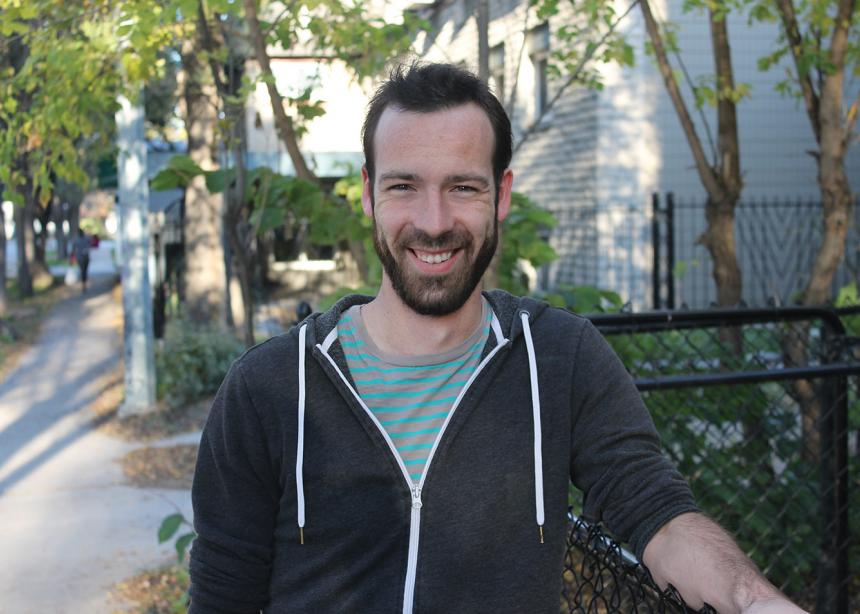

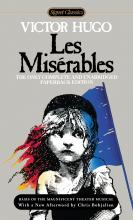
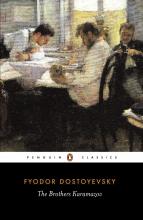
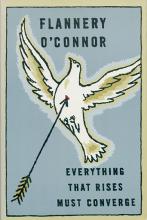
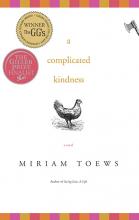
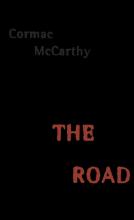
Add new comment
Canadian Mennonite invites comments and encourages constructive discussion about our content. Actual full names (first and last) are required. Comments are moderated and may be edited. They will not appear online until approved and will be posted during business hours. Some comments may be reproduced in print.